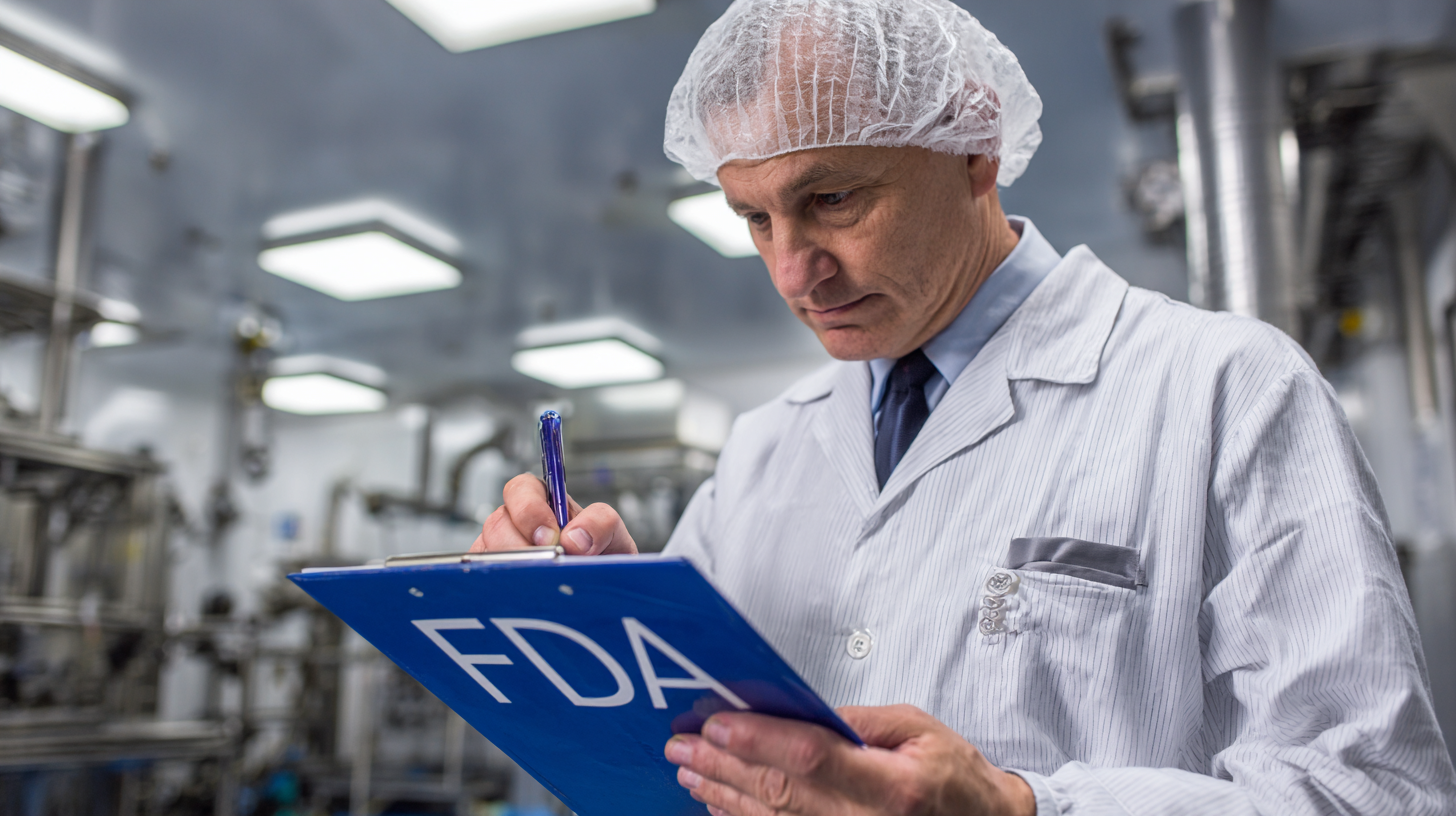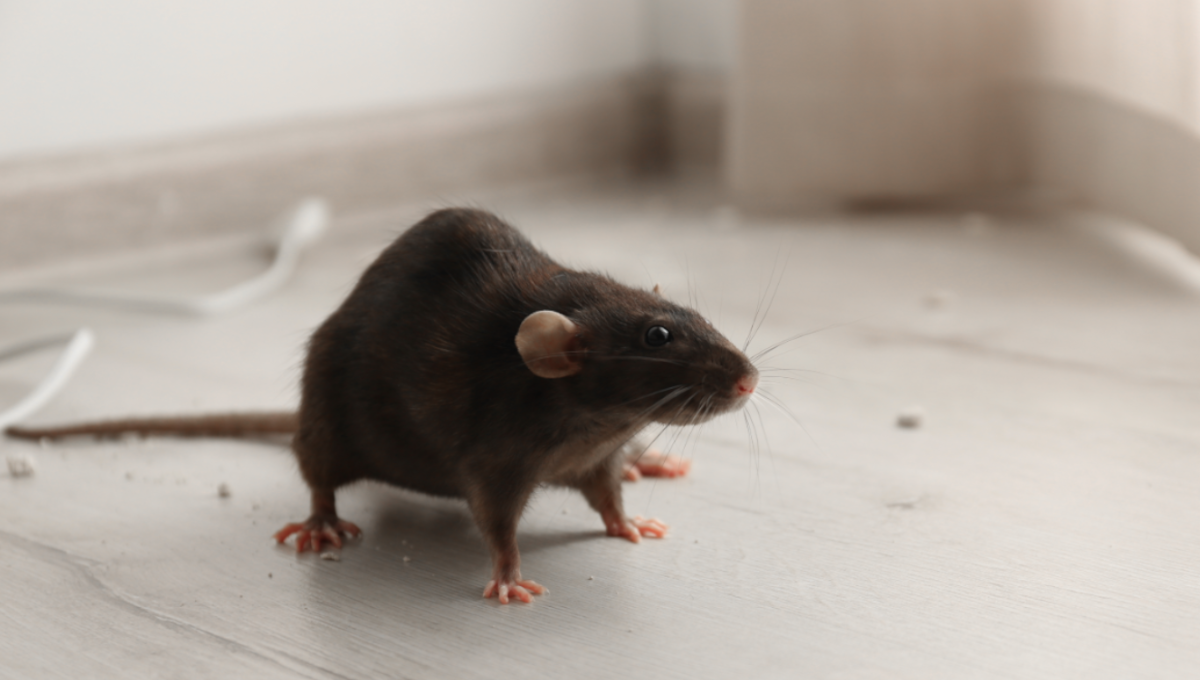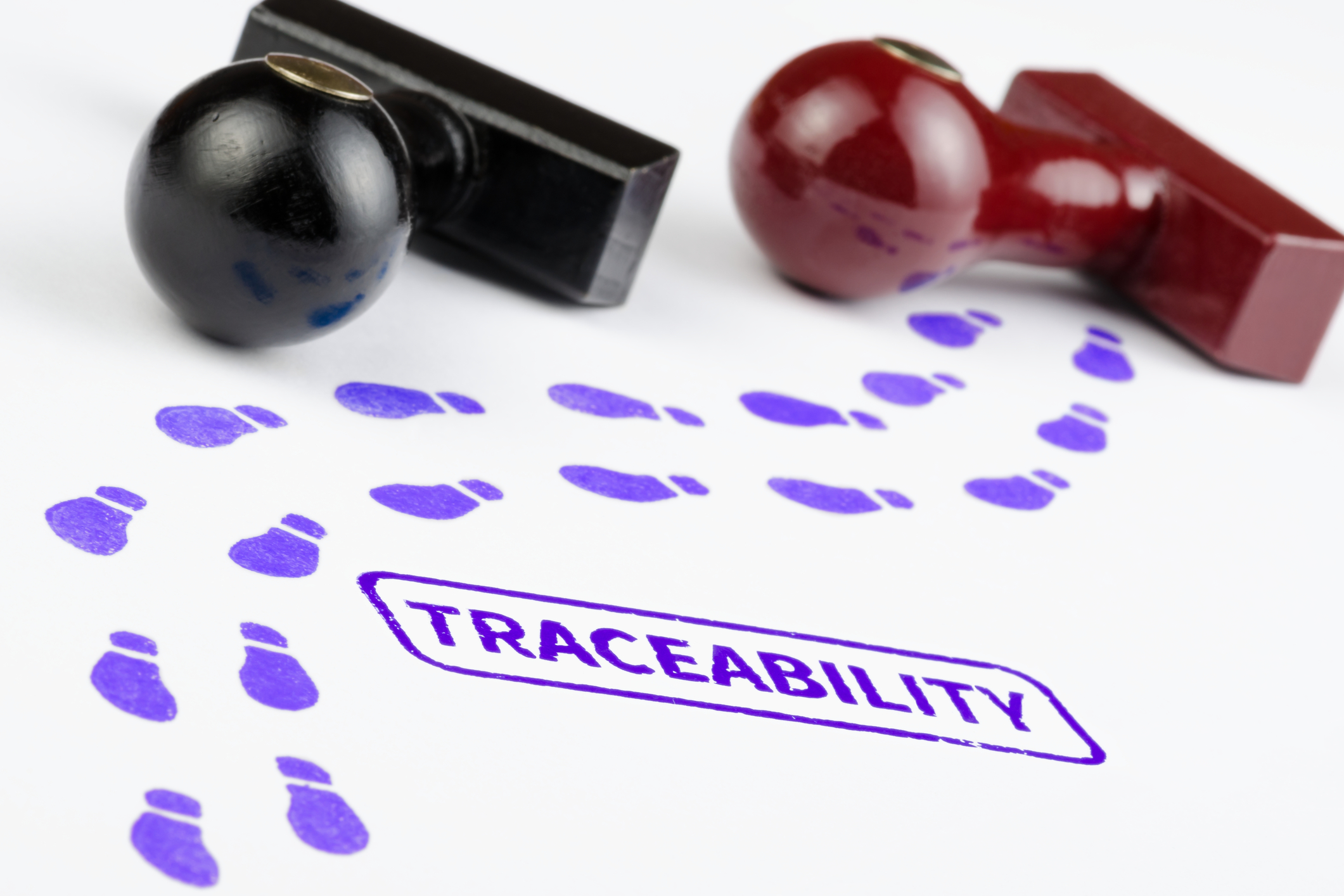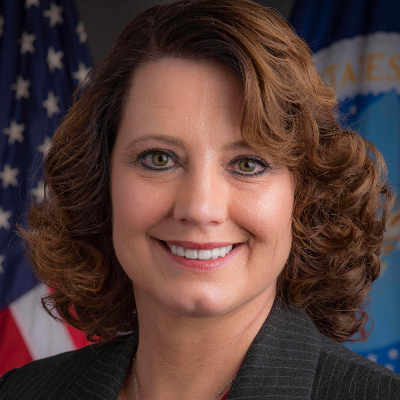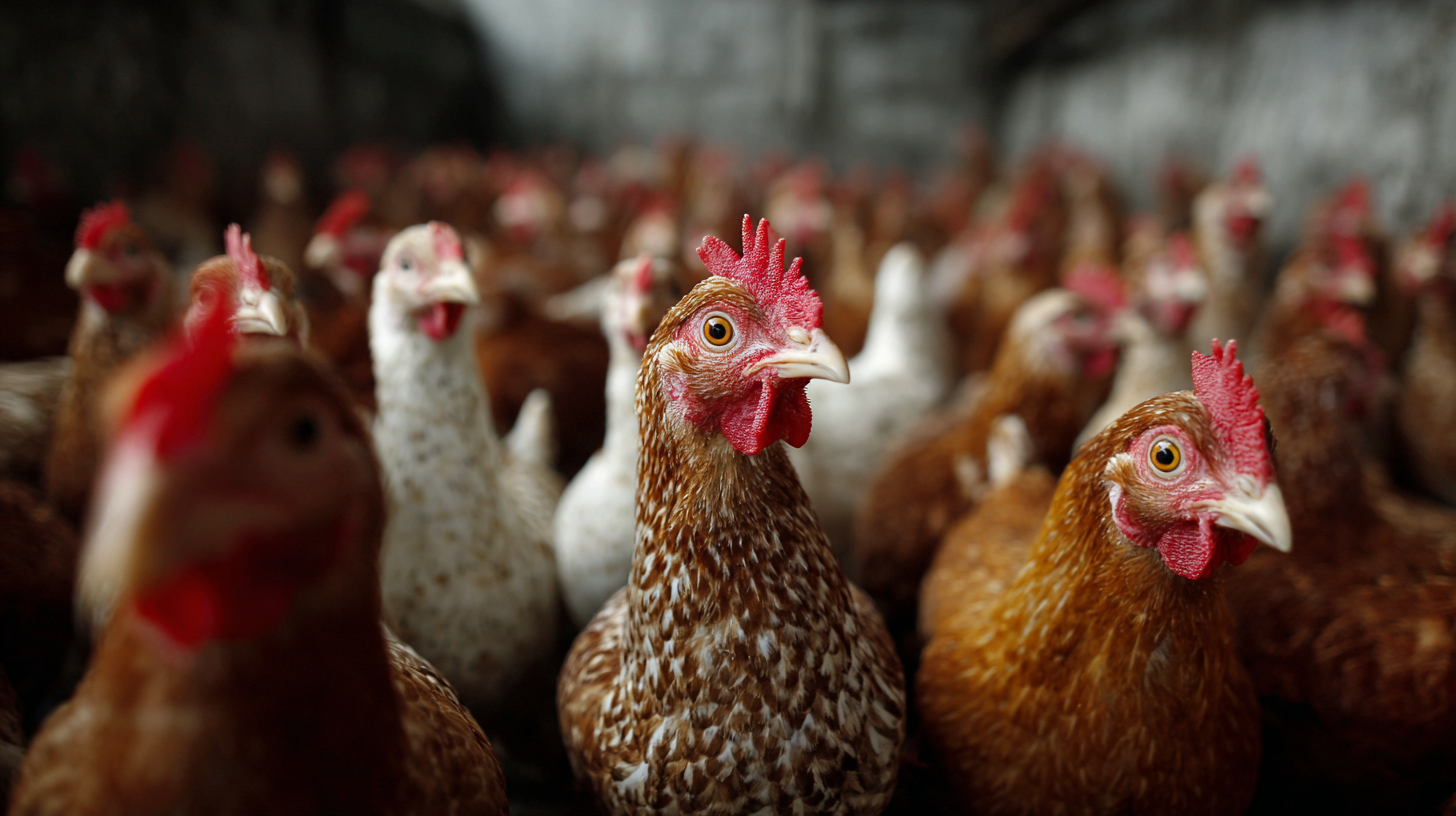Newton’s Third Law of Motion is that for every action, there is an equal and opposite reaction. An example of this is currently playing out with pesticides and food safety and other health issues.
First came those astounding jury verdicts for billions of dollars for “failure-to-warn” claims by plaintiffs injured by glyphosate sold as the popular “Roundup” brand to those wanting to tidy up back yard weeds.
Next, the Bayer/Monsanto pesticide manufacturers went to state legislatures, lining up several to ban such lawsuits. And they’ve now taken the language federal, getting it inserted as Section 453 of the House Appropriations Committee, which is headed for a vote in the full House, followed by the U.S. Senate.
The legislative language moving through Congress to prevent anyone from holding pesticide manufacturers accountable for the harm caused by their products is now opposed by a broad coalition of organizations.
They’ve released a joint statement opposing a dramatic change in a fundamental legal right.
The document, “Protect the Right of Farmers, Consumers, and Workers to Hold Pesticide Companies Accountable for Their Harmful Products,” is endorsed by 51 organizations, coalitions, businesses, and leaders representing tens of thousands of members and communities.
Glyphosate is classified as cancer-causing by the International Agency for Research on Cancer, a part of the World Health Organization (WHO).
“With the massive dismantling of U.S. Environmental Protection Agency (EPA) programs by the current administration, Congress has been seeking, through Appropriations bill provisions, to limit court oversight, which in many cases serves as the only backstop for public health and environmental protections,” says Jay Feldman, executive director of Beyond Pesticides.
“The challenges facing farmworkers are profound; from exposure to limited protections, our communities are already at the margins, with women and children shouldering the most severe impacts of forced pesticide contact,” adds Mily Trevino-Sauceda, executive director of Alianza Nacional de Campesinas. “This legislation would reduce their access to justice with this inhumane introduction of pesticide immunity shield language. There is no victory in harming the very workforce that feeds this nation.”
Pesticide manufacturers and agricultural interests are supporting Section 453.
The earlier state action was over “conflicting labeling requirements on these essential farming inputs,” according to the pro-Section 453 Modern Ag Alliance.
“These misguided and unscientific efforts threaten farmers’ access to tools they’ve used for generations — tools like glyphosate, the most commonly used herbicide. If left unchecked,” the Alliance said. “Other crop protection products will also soon be at risk, increasing costs for farmers and jeopardizing the affordability of our food supply.”
The Modern Ag Alliance claims to be “a diverse coalition of agricultural stakeholders that advocates for U.S. farmers’ continued access to the crop protection tools they need to ensure we have a robust and affordable domestic food supply.”
The anti-453 coalition is calling on Congress to:
- REJECT the provision, section 453, adopted in the House Interior-EPA Appropriations and full Appropriations Committee, in the final House bill;
- REJECT the language of section 453 being attached to the Senate Appropriations bill; and
- REJECT section 453 language from being incorporated in the final Appropriations bill.
The joint document focuses on five elements critical to the protection of public health and safety in a climate of deregulation, with reductions in federal funding for environmental and related programs:
- Legacy. The courts have long served as a venue for farmers, consumers, and workers to hold chemical manufacturers accountable for failing to warn about the hazards of their products, including potential chronic adverse health outcomes, on the product labels.
- Label. EPA pesticide product labels are not required to display long-term effects like cancer and reproductive problems that are linked to exposure.
- Legal. Section 453 in the House Appropriations bill would, in the future, prohibit cases like those filed by those harmed by glyphosate (Roundup), who have won jury verdicts and compensation.
- Lasting. The House bill language removes the incentive for chemical manufacturers, under threat of compensatory and punitive damages, to develop safer products or remove products altogether—slowing the critically necessary shift to effective, less- and non-toxic land and building management practices and products to protect health and the environment.
- Law. The legislative history added to the bill in committee will do little to ensure a fully functioning EPA and effective court redress.
(To sign up for a free subscription to Food Safety News, click here.)


